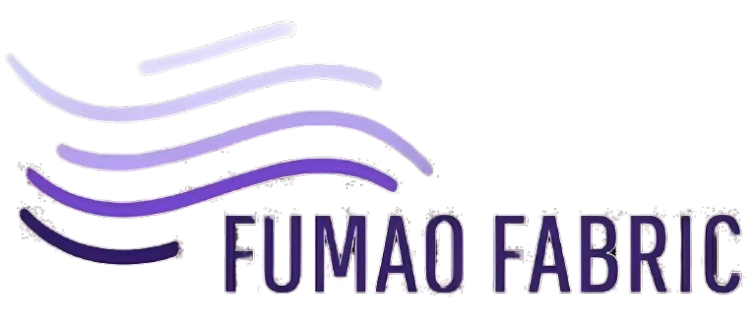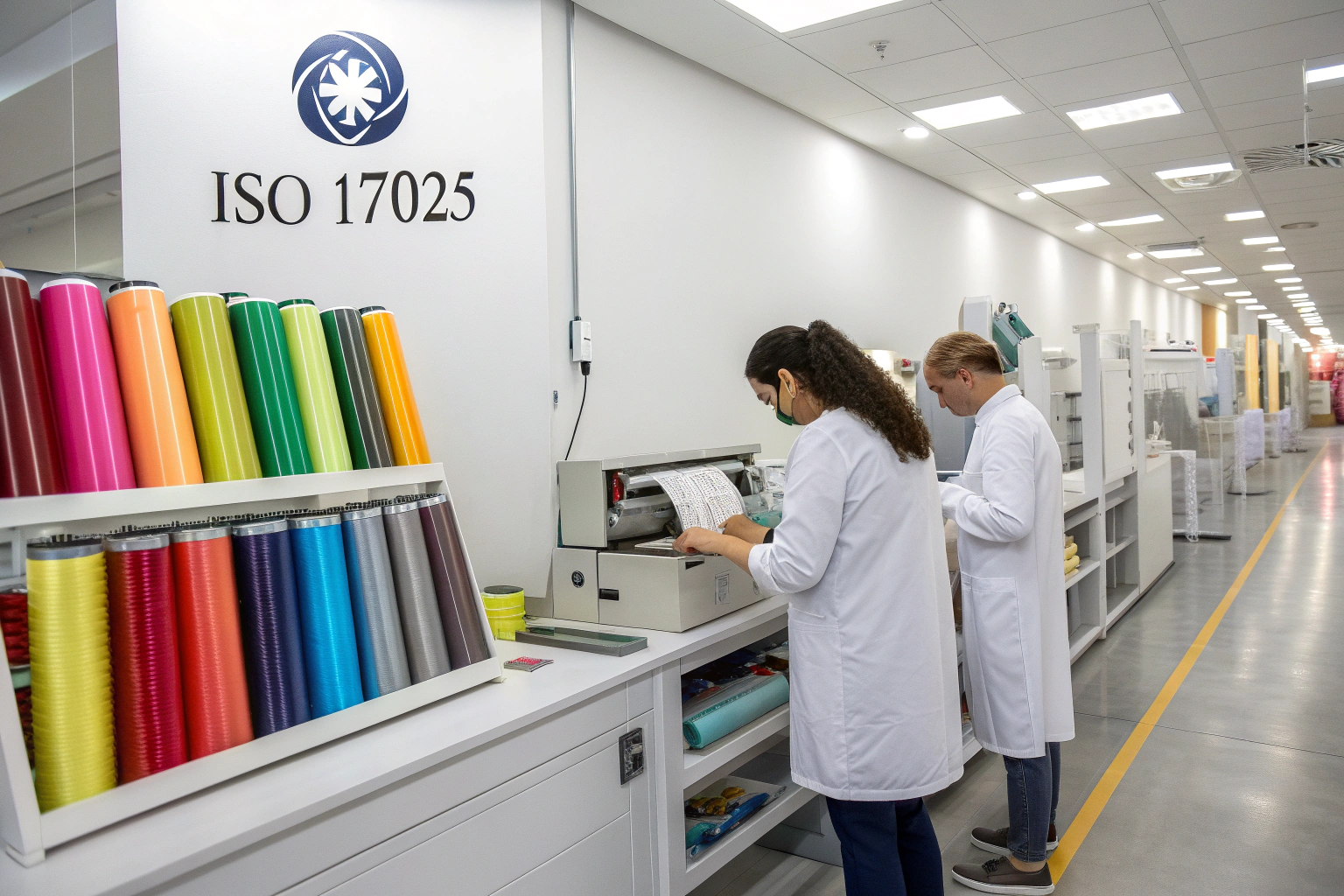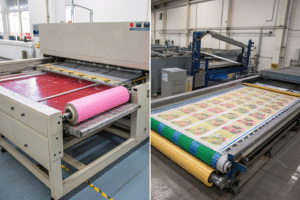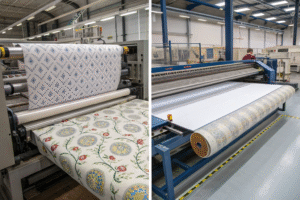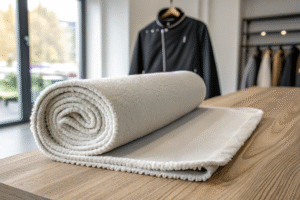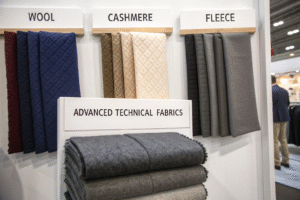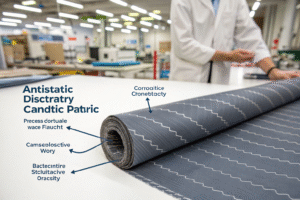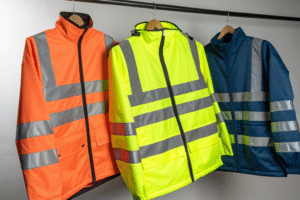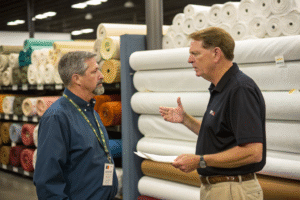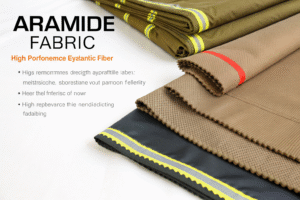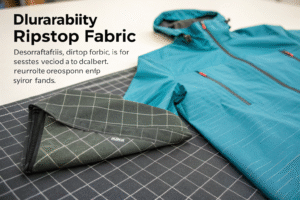Finding the right textile testing partner can be challenging, especially when your business relies on accurate and internationally recognized test results. As a fabric manufacturer and exporter, I know how critical it is to work with a laboratory that meets the ISO 17025 standard. This accreditation ensures the lab operates with proven competence, producing reliable data that buyers around the world can trust.
The best partners are those who not only meet the accreditation requirements but also understand the unique demands of the textile industry. ISO 17025 accredited labs have the facilities, technical know-how, and quality systems needed to test fabrics for strength, colorfastness, shrinkage, safety, and many other key properties.
In this article, I will share why ISO 17025 accreditation matters, where to find these trusted laboratories, and how to verify them before you partner. I will also explain how to work effectively with them to streamline your quality control process and meet the high standards of your international clients.
Why Choose ISO 17025 Certified Textile Laboratories?
ISO 17025 certified labs are not just ordinary testing facilities. They have undergone rigorous assessments by recognized accreditation bodies, proving their ability to produce valid, consistent, and reliable results. For textile exporters like us, this is the gold standard of testing credibility.
When you choose an ISO 17025 accredited lab, you can be confident that your fabric quality reports will be recognized by importers, retailers, and certification agencies across the globe. This is particularly important when working with markets like the EU, USA, and Japan, where compliance and product safety are non-negotiable.
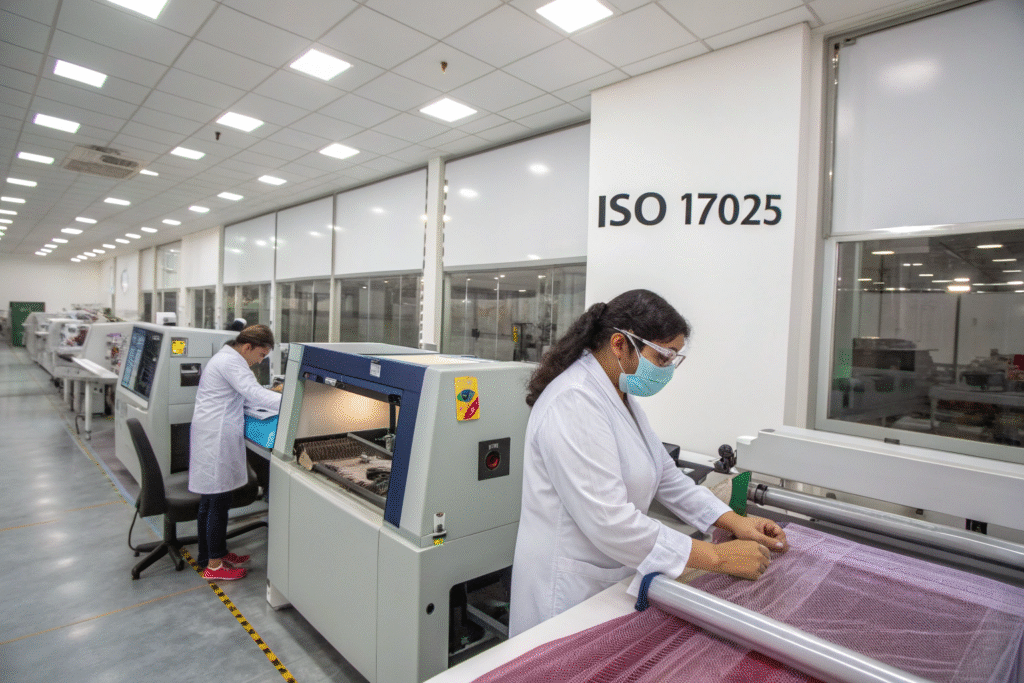
What Makes ISO 17025 Important for Exporters?
ISO 17025 accreditation means the lab has demonstrated technical competence in fabric testing, from calibration of equipment to staff expertise. For example, if you are exporting performance sportswear to the U.S., your buyer might require proof of moisture-wicking ability, UV resistance, and antibacterial properties. An ISO 17025 certified lab ensures that these results are accurate and defensible.
Moreover, industry databases such as ILAC MRA list these labs, making it easier for foreign buyers to confirm your testing credentials.
How Does Accreditation Reduce Trade Risks?
By working with ISO 17025 accredited labs, you reduce the risk of shipment rejections, costly retesting, and disputes. Retailers often trust test results only from recognized labs, and this trust translates into smoother customs clearance and fewer delays. Many labs also help you interpret results so that your production team can adjust fabric parameters before bulk shipment, avoiding penalties or returns.
Top Countries with Trusted Textile Testing Facilities
While ISO 17025 accredited labs exist worldwide, some countries have developed strong reputations for textile testing excellence. These regions are home to globally recognized institutions that combine industry experience with advanced facilities.
China, Germany, the USA, and India are among the leading countries where exporters can easily access reliable textile testing services. Each has multiple labs accredited under ISO 17025, and many of them have a deep understanding of both fashion and technical textile sectors.
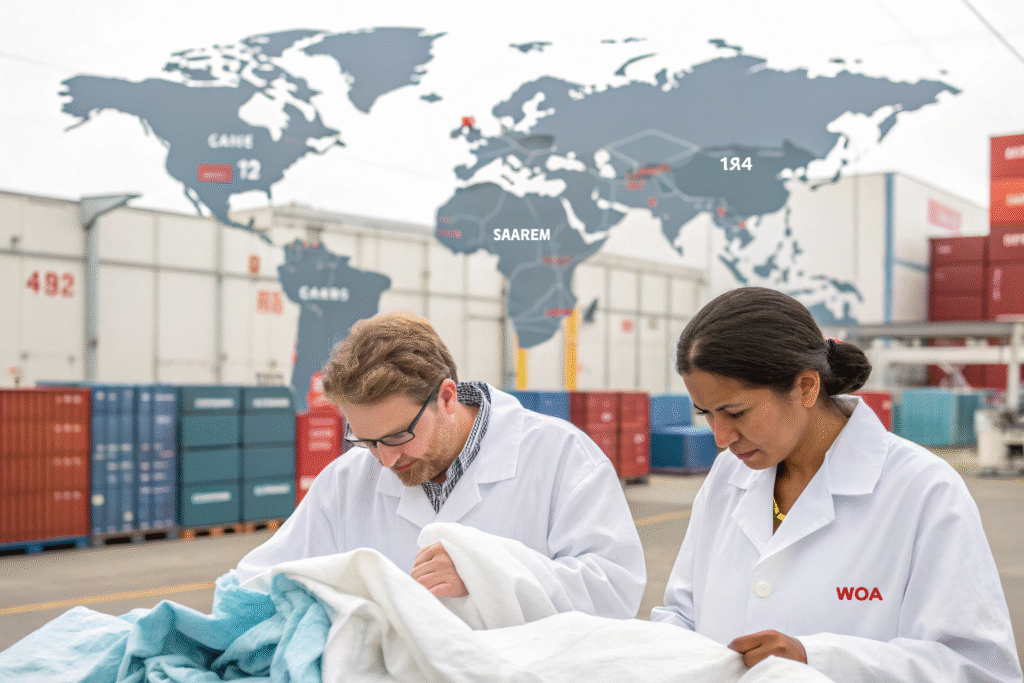
Why China Leads in Textile Testing Capacity?
China’s position as the largest textile producer means it also has a dense network of accredited testing labs. Many of these, such as Intertek China and SGS China, offer rapid turnaround times for domestic manufacturers. Their close connection to production hubs like Keqiao and Guangzhou allows exporters to integrate testing into their manufacturing workflow without major delays.
International buyers often recognize results from these labs because they adhere to both Chinese GB standards and international test methods like ASTM and ISO.
Which Other Countries Excel in Textile Lab Services?
Germany is well known for its precision in textile technology, with labs like Hohenstein Institute specializing in eco-textile certifications. The USA offers reputable options like Bureau Veritas Consumer Products Services for compliance with CPSIA and other regulations. India, a major textile exporter, also has a growing list of ISO 17025 labs catering to European and Middle Eastern markets, combining affordability with technical quality.
How to Verify an ISO 17025 Accreditation Online?
Before committing to a testing partner, it is vital to verify their ISO 17025 accreditation. Some suppliers might claim certification but lack current or valid credentials.
The safest way to verify is by checking the official websites of accreditation bodies like ILAC or national organizations such as CNAS in China. These sites allow you to search for labs by name, scope of testing, and location.
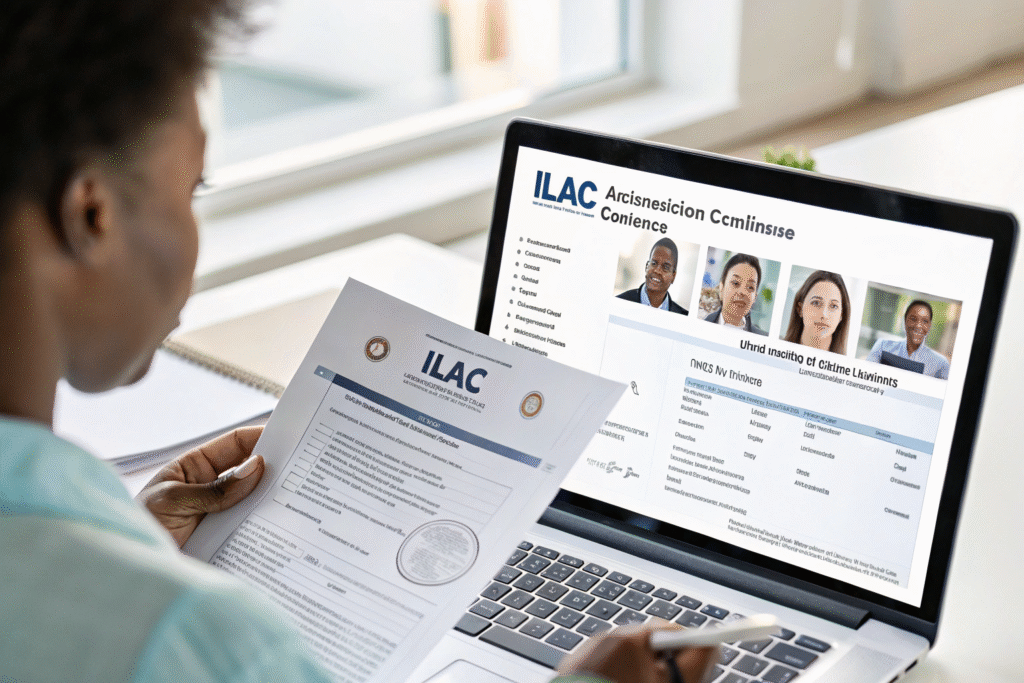
Where Can You Check Accreditation Status?
The ILAC MRA Directory lists recognized accreditation bodies worldwide. You can also visit CNAS in China or UKAS in the UK to verify local lab certifications. Make sure to check the validity dates and the specific textile tests covered under their accreditation scope.
If a lab is not listed on any recognized database, proceed with caution, as unaccredited results may not be accepted by your clients.
How to Spot Red Flags in Certification Claims?
If a lab refuses to share its accreditation number or provides expired certificates, that is a major warning sign. Another red flag is if their scope of accreditation does not cover the specific textile tests you require. For example, a lab may be accredited for chemical analysis but not for fabric durability testing. Always ensure the accreditation aligns with your buyer’s requirements before placing orders.
Best Practices for Working with Testing Partners
Working with a textile testing partner is more than just sending samples and waiting for results. The best collaborations involve clear communication, planning, and ongoing feedback.
By establishing a transparent workflow, you can speed up the testing process, reduce costs, and ensure your fabrics consistently meet buyer expectations. This is especially important when serving high-demand markets with strict compliance rules.
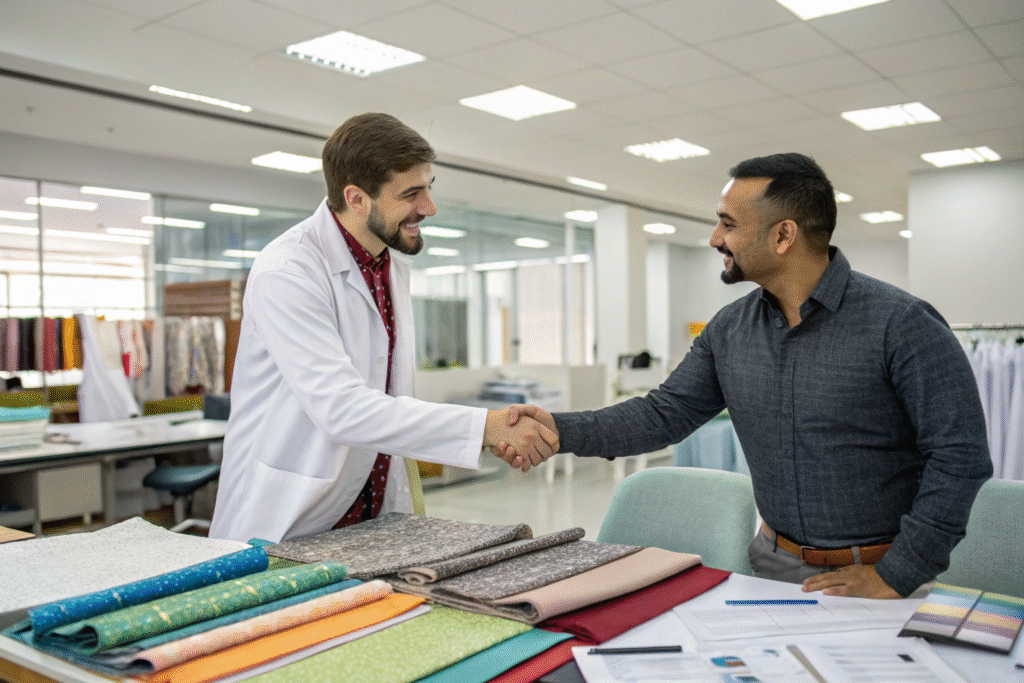
How to Streamline Communication with Labs?
Start by clearly stating the test standards you require, whether they are AATCC methods for the US market or EN ISO standards for Europe. Provide your lab with complete product specifications and any buyer-specific protocols. Many delays happen because critical information is missing at the start.
Also, ask for digital reports with QR codes linked to online verification systems, which can speed up customs clearance and buyer approval.
What Steps Ensure Long-Term Quality Assurance?
Build a long-term relationship with your lab by scheduling periodic re-testing of key fabric types. This helps maintain consistency, especially if your production involves multiple factories. Negotiate bulk testing packages with labs to reduce per-test costs while ensuring continuous quality monitoring. Partnering with a reputable lab can also enhance your company’s image in the eyes of global buyers.
Conclusion
Finding ISO 17025 accredited textile testing partners is a crucial step for exporters who want to ensure product quality, meet compliance standards, and gain the trust of international buyers. By understanding why this accreditation matters, knowing where to find trusted labs, verifying credentials online, and working effectively with your partners, you can protect your shipments and strengthen your market position.
If you are ready to produce your own fabrics with guaranteed quality, contact our Business Director Elaine at elaine@fumaoclothing.com to start your order with Shanghai Fumao — your trusted partner in textile manufacturing and testing excellence.
